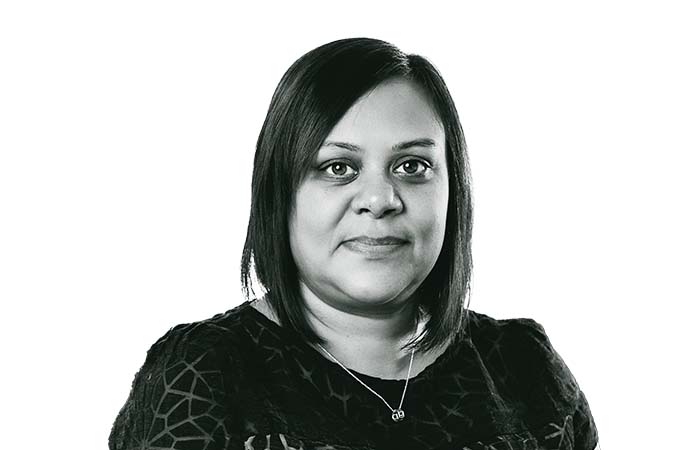Will ‘neighbourhoods’ save the NHS?
In Views
Follow this topic
Bookmark
Record learning outcomes

With Wes Streeting’s shift to neighbourhood care, pharmacies are grappling with the latest NHS paradigm. By Shilpa Shah
With so many changes both locally and nationally in terms of NHSE and integrated care boards (ICBs) I do wonder just how much more change people can take?
The flavour of the year seems to be ‘neighbourhoods’. I think National Pharmacy Association vice-chair Sukhi Basra summed it up best with a one liner recently on LinkedIn: “You call it neighbourhood healthcare – we call it Tuesday”.
Is the government proposing something new and innovative or doing the same thing but calling it something different?
I remember when primary care networks (PCNs) were formed back in 2019. Community pharmacy was left on the sidelines (as were opticians and dentists) as PCNs were general practice-centric. There were guidelines for what a good PCN should look like in terms of patient size and locality.
While the majority followed the structure, there were some outliers and this was not challenged even though it often made no sense. A surgery south of a locality forming a PCN with one miles away rather than with the neighbouring practices.
Missing blueprint
All of us are talking about neighbourhoods but the blueprint is missing. If each ICB is going to do their own thing then how will we have consistency nationally? And will this make the postcode lottery worse and widen the gap in health inequalities?
The big question on everybody’s mind – but one that that most people are too polite to ask – is, who is going to hold the budget and what does this mean for my area of practice?
Will community pharmacy every get a look in or will the funding flow to GPs, as it often does?
How will pharmacies get involved in neighbourhoods? We are not funded to have leads; we don’t have protected learning time, due to the stipulation that we cannot be away from the pharmacy for more than two hours.
So, how will we navigate this?
I’m sure we will find a way, as we always do, but my point is, we shouldn’t have to. We should be integrated and part of the planning, not an afterthought.
Pharmacies have great people working in them, thinking out of the box and not always assuming it must be a pharmacist that attends meetings.
Perhaps a pharmacy technician or a support staff member? Let’s face it, nobody knows the local neighbourhood better than staff members who have grown up and lived their lives in the area.
Community pharmacy cannot ignore this, and they need to be speaking to their surgeries and starting to understand the plan in their local area. Speak to current PCN leads if you have them and the local pharmaceutical committee, of course.
Conduct a deep dive into all the services you currently offer – are you happy with the level of service you provide in your pharmacy?
Could you do more? Could you do things differently?
And I wish I didn’t still have to say this, but here goes: have you stopped doing things for free? Start talking to neighbouring pharmacies. Now is the time, more than ever, for community pharmacy to be united.
What I haven’t written about yet in this piece is about the patients/residents. What does this mean to them? In most cases, absolutely nothing.
What do they want from the NHS? All they keep telling pharmacists is that they want to be able to get a doctor’s appointment.
We keep being told that general practice is seeing more people than ever and while the statistics may show that, this is still how people are feeling.
Stronger messaging
We need stronger messages explaining that you do not always need to see a doctor; it can be any suitable person in the surgery – or in other parts of primary care.
We need messaging on making sure that you go to the right healthcare professional as soon as you need it, not waiting until mid-afternoon on Sunday to see a pharmacist for something you’ve had for six weeks.
We need one system to make appointments in general practice, so everyone knows exactly what to do if they need an appointment.
Ultimately, whatever the structure, we need a fundamental change in the culture and behaviours of the workforce. By this I mean we all need to be willing to change and try new things, new ways of working.
We need to be agile – like we were during Covid. We need things to be simpler for patients and organisations.
We also need an increase in people joining the healthcare workforce. Without these two things we may not see the change we want and need.
So, we all must take responsibility and consider our role in the healthcare ecosystem and do what we can so that the NHS is still here for future generations to come.
Shilpa Shah is chief executive of Community Pharmacy North East London. She writes in a personal capacity.
